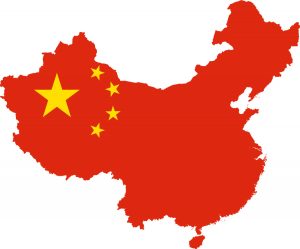 From almonds to frozen edible swine offal, the majority of the 128 products on which China imposed retaliatory tariffs Monday are agricultural, making farmers bear the brunt of the reaction to U.S. steel and aluminum tariffs.
From almonds to frozen edible swine offal, the majority of the 128 products on which China imposed retaliatory tariffs Monday are agricultural, making farmers bear the brunt of the reaction to U.S. steel and aluminum tariffs.
“This is a tax on American farmers, brought about by protectionist trade policies,” said Farmers for Free Trade (FFT) Co-Chair Max Baucus. “American farmers appear to be the first casualties of an escalating trade war.”
U.S. exports of fruits, nuts, and wine will see a 15% tariff, while U.S. pork products were slapped with a 25% tariff, which National Pork Producers Council (NPPC) CEO Neil Dierks says is a significant blow to the industry. “China was the third largest value market, with more than $1 billion in U.S. pork being shipped there last year,” said Dierks. “We recognize that the U.S. and China are negotiating, and we are hopeful that the 25 percent tariffs on U.S. pork will be short lived.”
China added another 15% tariff on U.S. ethanol imports to an already-imposed 30% duty, making the total tariff 45%. “This one-two protectionist punch will ultimately harm Chinese consumers who are being denied access to the lowest-cost, highest-octane, and cleanest fuel on the planet,” said Renewable Fuels Association President and CEO Bob Dinneen. “But it will also hurt farmers in the U.S. who have worked to build value-added markets for their commodities here and abroad.”
In an interview with AgNet West, California Association of Winegrape Growers (CAWG) President John Aguirre says their industry will be severely impacted by a 15% tariff. “When you talk about U.S. wine exports, you’re really talking about California,” Aguirre said. “You’re looking at about a $197 million market for U.S. wine.”
Audio: Calif. Winegrape Growers president John Aguirre
The good news is that soybeans were not on the list announced Monday, since it could mean an overall drop in U.S. soybean exports of 40 percent, according to a study commissioned by the U.S. Soybean Export Council (USSEC). FFT has been sharing videos of soybean growers who are concerned about the possible trade disruption that would cause for their number one market, worth $14 billion annually. Watch one here:
